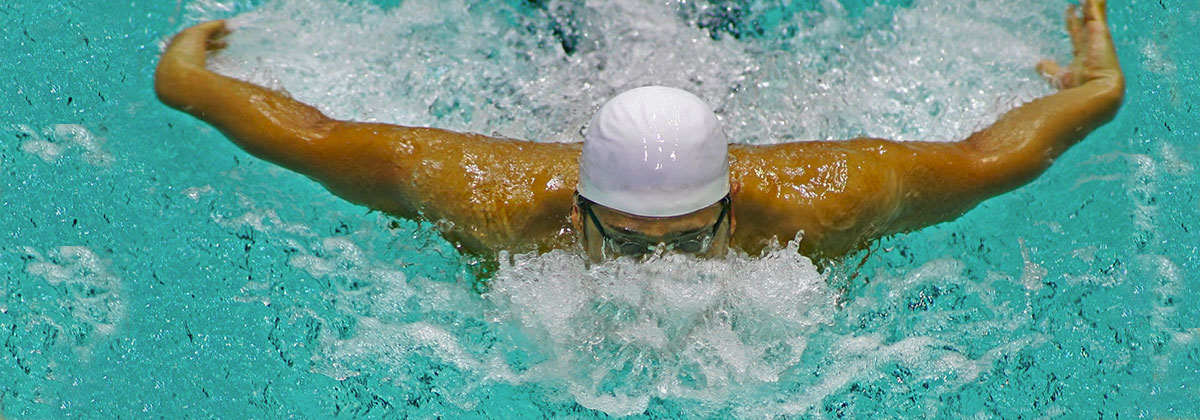Although federal registration of your company’s trademark provides additional protections against infringement not enjoyed by unregistered marks, these protections aren’t self-effectuating. As the owner of a mark you must remain watchful for instances of both unauthorized use and the appearance of confusingly similar marks and take appropriate action. In trademark parlance, this is known as “policing” your mark.
Not surprisingly, large organizations with valuable trademarks and deep financial resources use a wide variety of methods to spot instances of infringement, including regular Internet searches and reports from their representatives in the field. Once an infringer is on their trademark “radar”, aggressive action often follows. It seems that every January we read “David vs. Goliath” stories about the NFL’s demands that various businesses cease promoting “Super Bowl®” car sales or other events. Ditto the NCAA and its registered “March Madness®” mark. And anyone who names a food business or product “Mc” (followed by nearly anything) should not be surprised to hear sooner or later (likely sooner) from lawyers for McDonald’s, which claims exclusive rights to that prefix.
You might be surprised to learn, though, that one of the most consistently aggressive attackers using its marks is the United States Olympic Committee (USOC), which – despite its ostensibly nonprofit status – reaps billions of dollars annually from the commercialization of its marks and properties to various official commercial sponsors and broadcasters of the games. The USOC’s many marks include “Olympic”, “Olympian” and the five-color interlocking “rings” logo.
That the USOC has a “take no prisoners” approach to trademark policing is not surprising, given both the sponsorship dollars at stake and the extraordinary legal protection afforded the USOC’s properties.
Although it can and often has pursued alleged infringers under the federal Lanham Act, the USOC has an additional weapon at its disposal. The Ted Stevens Olympic and Amateur Sports Act of 1998 (36 U.S.C. Sec. 220501 et seq.), which gives the USOC exclusive rights to a large set of properties, differs in one key respect from the Lanham Act – unlike a typical trademark owner, the USOC’s protection isn’t limited to instances in which a competing mark creates a likelihood of confusion. The USOC need only show that the third party’s mark or use of a registered USOC mark is done for purposes of trade or to induce a sale of goods or services, or to promote any event. Any use assumes that an improper endorsement by or unsanctioned Olympic activity. (To be fair, marks owned by about 100 other organizations, including the American Red Cross and the Girl Scouts, enjoy similar protection).
Thus, while the NFL has been unable to prevent registration of the mark “Super Bowl” for frozen bread products and “Super High Roller Bowl” for a poker tutorial series, by virtue of its “super trademark” rights, the USOC has been able to obtain an injunction against the organizers of San Francisco’s “Gay Olympics” and persuaded the owner of a long-established restaurant in Philadelphia to change its name from “Olympic Gyros” to “Olympia Gyros”, at an estimated cost of $6,000 to the owner.
The (Virtual) Road to Rio
While the USOC’s trademark policing efforts are continuous, they naturally ramp up during years in which the games are staged, and 2016 is no exception. This year, however, the Committee focused seriously for the first time on the use of its marks in social media platforms, such as Twitter and Instagram. Some of its policies have engendered claims of overreaching and heavy-handedness. Among the most controversial is a prohibition against posts by commercial entities about the Rio games on their social media pages if they include any of the USOC’s marks, including its hashtags such as #Rio2016 and #TeamUSA.
In July, women’s athletic apparel company Oiselle, which sponsors American runner Kate Grace, reluctantly agreed under USOC pressure to remove from its website a congratulatory “She’s headed to Rio!” Instagram picture of Grace.
In August, a small business from Minnesota decided to take on the Committee in federal court. Claiming that it has, for fear of legal action, refrained from posting social media messages congratulating and encouraging Minnesota members of Team USA, Zerorez, a Minneapolis-based carpet cleaning company, filed suit, asserting that the Committee’s policy violates its constitutional right to free speech. The suit asked for an expedited hearing, a declaratory judgment and attorneys’ fees and court costs. Although some observers have suggested that Zerorez’s preemptive attack on the USOC’s social media policy is merely a publicity stunt, others see it as a long overdue response to the Committee’s excessively aggressive tactics.
Your company may never have to contend with the USOC and its “super” intellectual property rights. However, a successful infringement claim by a holder of “ordinary” trademark rights can still cost you thousands of dollars in damages, legal expenses and, like the Philadelphia gyro maker, the cost of changing signage, labeling and other promotional items.
With help from the experienced attorneys at Sherman IP, you can avoid this result while developing a brand identity that is uniquely yours. Call us today for a consultation.

